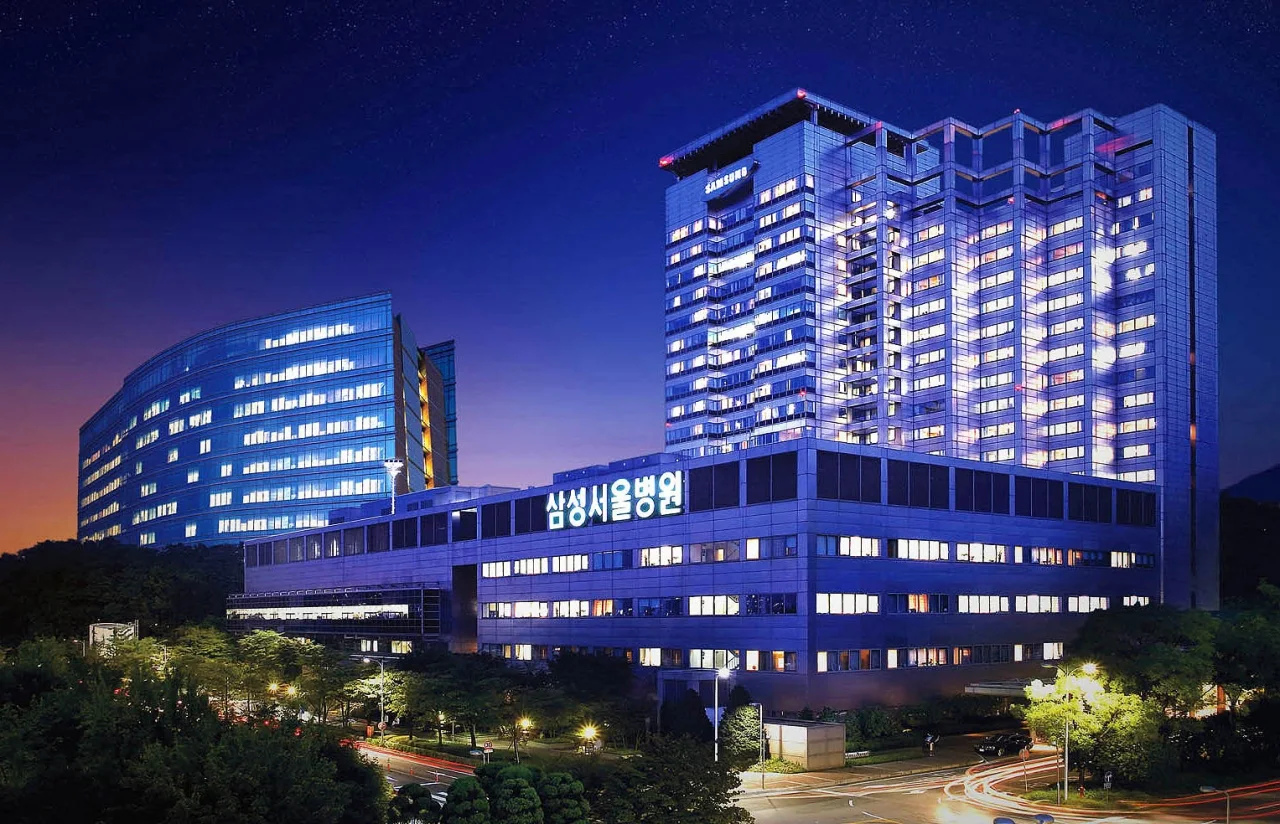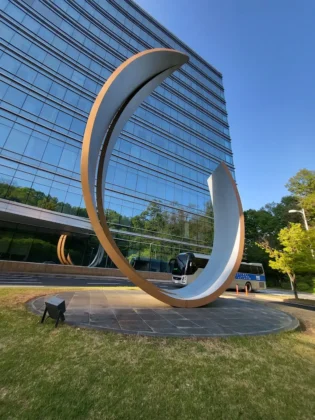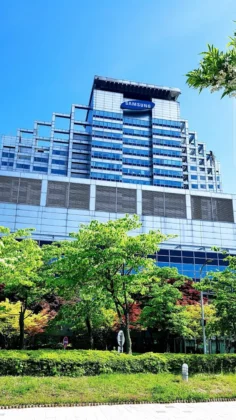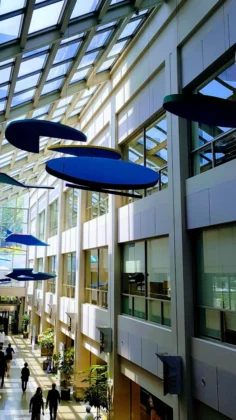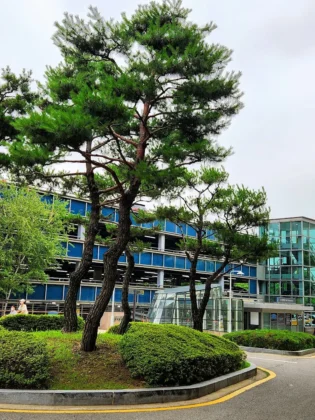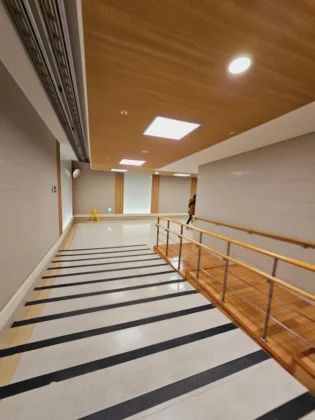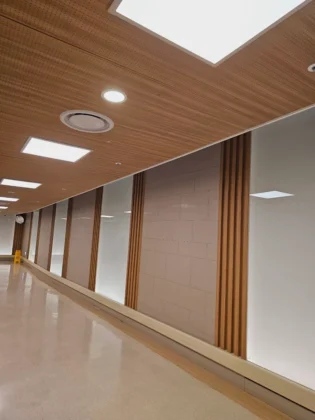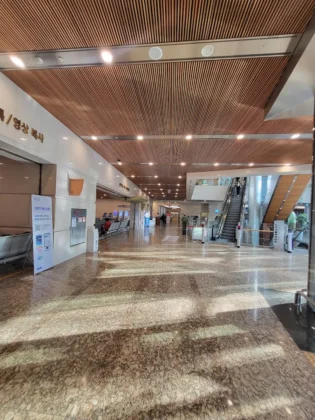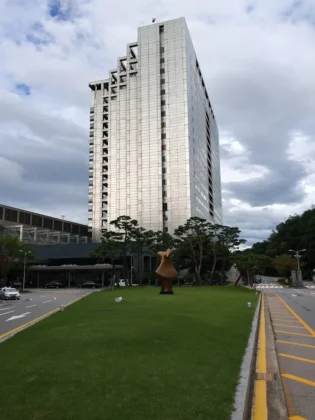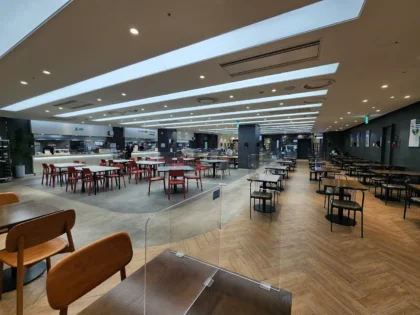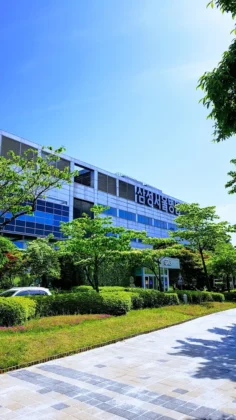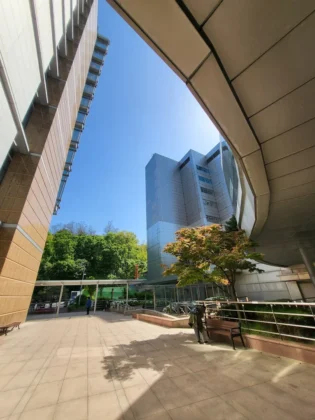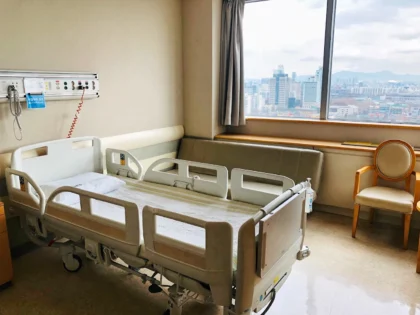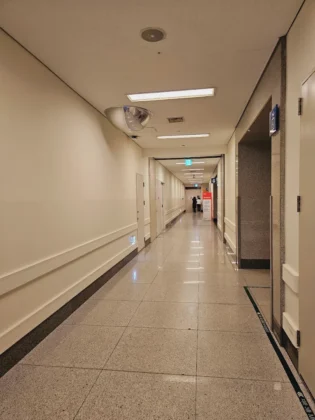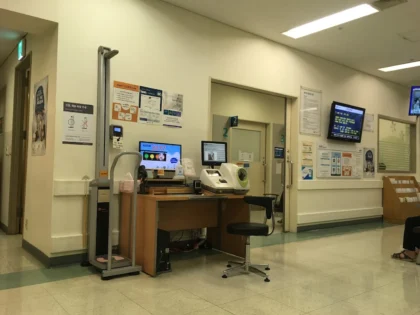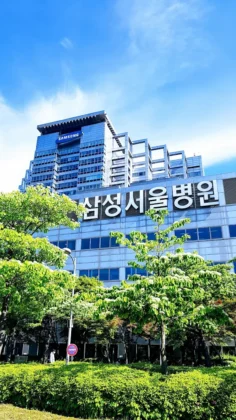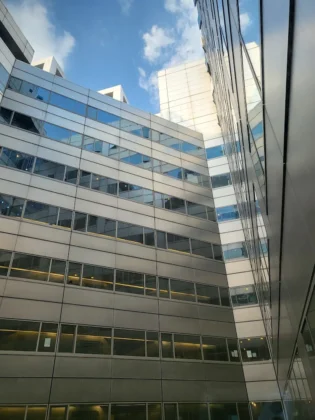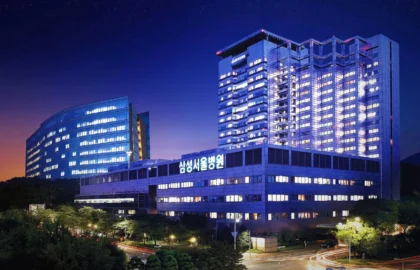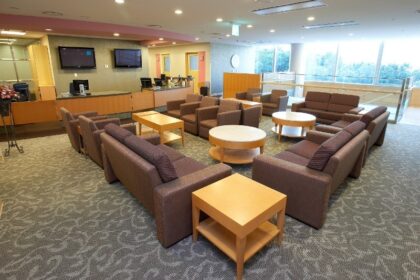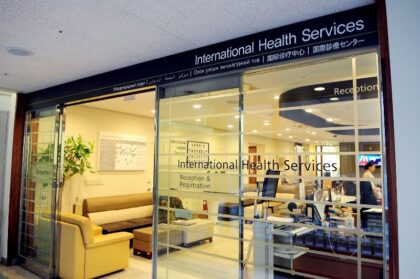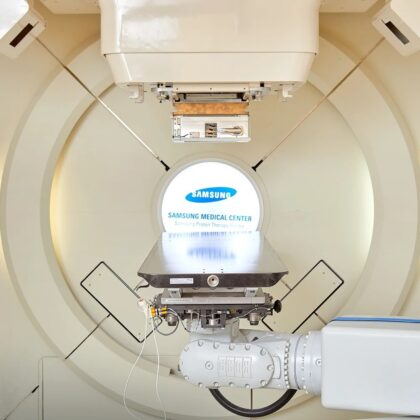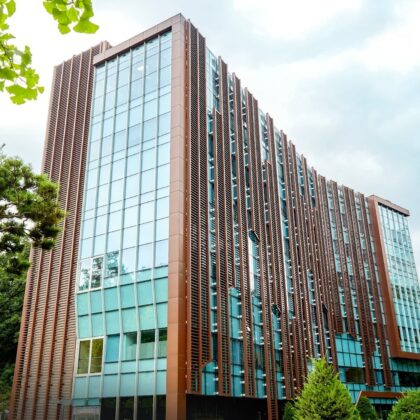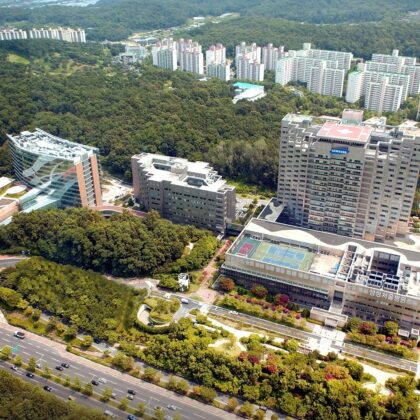About the clinic
Established in 1994, the Samsung Medical Center in Seoul stands as a distinguished institution recognized as a top hospital in Seoul and South Korea. Located in Gangnam-gu, the centre has built a reputation for excellence in patient-centred care, advanced research and innovative treatment methods.
Serving patients from across the Republic of Korea and worldwide, the hospital offers multilingual support and international patient services to individuals travelling from Asia, the Middle East, Europe and beyond.
Key strengths include leading-edge medical technology, globally recognised specialists, and a strong commitment to combining clinical care with research and education.
Explore why thousands choose Samsung Medical Center for treatment abroad and see how this institution is setting the benchmark for international medical care.
Key Specialties and Departments
The Samsung Medical Center is home to a wide range of departments and specialties, distinguished by high-complexity care, interdisciplinary teams and advanced procedures.
- Oncology & Cancer Care – The Samsung Comprehensive Cancer Center includes a facility with 11 floors above ground and 8 beneath, offering prevention, screening, diagnosis, treatment and rehabilitation for all major types of cancer.
- Cardiology, Heart & Vascular Institute – Expertise in heart failure management, left ventricular assist devices (LVAD), complex cardiac surgery and vascular disease treatment.
- Neurosurgery & Neurology – High-end neurosurgical care including stereotactic radiosurgery, Gamma Knife and stroke treatment.
- Organ Transplantation – Services include liver transplantation, hematopoietic stem cell transplantation and other complex transplant protocols.
- Women’s Health & Reproductive Medicine – Comprehensive care in obstetrics, gynaecology, fertility treatments including IVF and minimally invasive surgery.
- Orthopaedics & Spine Care – Treatment of musculoskeletal disorders, spinal surgery, rehabilitation and allied services for post-operative recovery.
Below are condition-specific headings with more detail:
Treatment for Cancer – what is cancer?
The oncology services at Samsung Medical Center include diagnostics for all types of malignancies, tailored treatment plans (surgery, chemotherapy, radiotherapy, immunotherapy), and rehabilitation programmes. Success rates in select areas, such as bone-marrow transplantation in paediatric oncology, are among the highest globally.
Heart Surgery and Heart Failure Care – heart failure symptoms and treatment
For patients with heart failure, coronary disease or valvular disorders, Samsung Medical Center offers multidisciplinary care, hybrid operating theatres, advanced devices and implant technologies. For example, the Institute has achieved key milestones in LVAD implantation.
Neurosurgical Procedures – stroke treatment and brain tumour care
Patients with acute stroke, brain tumours or spinal pathologies benefit from real-time intraoperative monitoring, high-precision neurosurgery and post-operative rehabilitation. The use of Gamma Knife and neuromonitoring reflects a commitment to minimal-invasive outcomes and high success rates.
Technologies & Facilities
The Samsung Medical Center is equipped with state-of-the-art technologies and advanced infrastructure that position it at the forefront of modern healthcare.
- Key machines: Robotic surgical systems (for example the Da Vinci robot system), image-guided radiotherapy systems such as Novalis, and a Proton Therapy Centre.
- Imaging & diagnostic tools: 3-Tesla MRI machines, PET-CT scanners, high-definition ultrasound and multi-modality diagnostic platforms.
- Digital systems: A full electronic medical record (EMR) system, advanced logistics automation, and telemedicine capabilities. The institution has received the highest digital health indicator validation.
- Clinical capacity: Nearly 1,979 beds, more than 50 operating rooms, and dedicated intensive care unit (ICU) beds for complex care.
- Recovery and support areas: Dedicated inpatient wards, outpatient clinics, one-stop consultation systems and rehabilitation units for comprehensive care.
These technologies and facilities make the hospital a strong choice for patients seeking high-quality care in Korea, distinguishing it from older or less advanced institutions.


